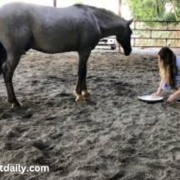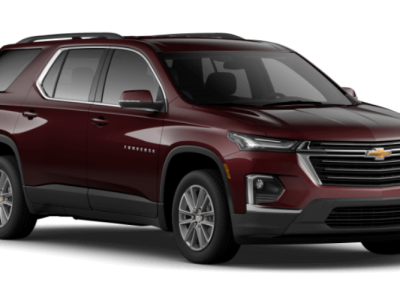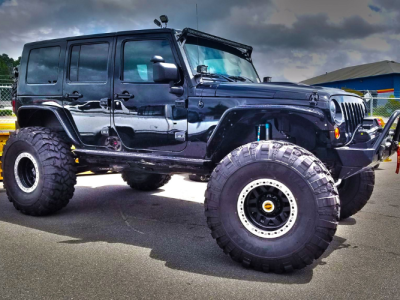When it comes to car safety, North Carolina places great importance on ensuring that all passengers are properly secured in the car. This is especially true when it comes to children, as the state has very specific car seat requirements that all drivers must follow. It is important to understand the different types of car seats available, and the requirements for each, in order to ensure that all passengers are properly secured while driving.
What are the Car Seat Requirements in North Carolina?
In North Carolina, it is essential to make sure that all children are safe and secure in a car seat while in a vehicle. This is why the car seat requirements in North Carolina are so important. According to the North Carolina Division of Motor Vehicles, all children under the age of eight must be in a federally approved car seat or booster seat while in a vehicle.
For children who are 8 years of age and older, the law states that they must be properly secured in a seat belt system. The law also requires that all children be properly secured in the rear seat of the vehicle unless the vehicle does not have a rear seat or the rear seat is side-facing.
Furthermore, children who are under the age of 16 must wear seat belts regardless of their seating position. It is important to make sure that all car seats are installed correctly in order to ensure the safety of the children.
Rear-Facing Car Seats
When it comes to car seat requirements in North Carolina, the law is very clear: all children under the age of one must ride in a rear-facing car seat. This is for the safety of the child, as a rear-facing car seat provides the best protection for an infant’s head, neck, and spine in the event of a crash.
The car seat must also be appropriate for the child’s age, weight, and height, and must be properly installed according to the manufacturer’s instructions. It is important to note that rear-facing car seats should never be placed in the front seat with a passenger airbag active, as this could cause serious injury in the event of an accident.
Additionally, make sure that the car seat is secured with the vehicle’s seat belt or with the Lower Anchors and Tethers for Children (LATCH) system, as this will keep the car seat in the proper position and reduce the risk of injury.
Forward-Facing Car Seats
When it comes to the safety of our children, it is important to pay strict attention to North Carolina’s car seat requirements. The state of North Carolina requires that all children under the age of 8 must ride in a federally approved car seat or booster seat.
For forward-facing car seats, all children must be strapped in a 5-point harness system and must remain rear-facing until the age of 2. It is important to refer to the NHTSA guidelines to ensure that the car seat you are using is properly installed and that your child is properly secured in the car seat.
Additionally, the car seat must be appropriate for the weight and height of your child and must be properly secured in the vehicle using an appropriate car seat belt system. Car seats must also be replaced after any crash, as they may no longer be effective in protecting your child. It is important to take the time to properly install a car seat, as this can be the difference between life and death in an accident.
Booster Seats
When it comes to car seat requirements in North Carolina, booster seats are a must for children who have outgrown their car seat but are not yet ready to use a seat belt alone. Booster seats give the child an extra boost so that the adult seatbelt fits properly and the child can be kept safe in the event of a car accident.
Booster seats should be used until the child is 4’9” tall and between 8 and 12 years old, depending on the child’s weight. It is important that the adult seatbelt fits the child correctly, with the lap belt laying across the upper thighs and the shoulder belt fitting snugly across the chest.
If the seat belt does not fit correctly, the child is at an increased risk of injury in the event of a crash. When choosing a booster seat, look for one that is designed with the child’s age, size, and weight in mind.
Additionally, look for a booster seat that has been tested for safety and certified by the National Highway Traffic Safety Administration (NHTSA). Finally, make sure the booster seat is properly installed in the vehicle.
If you need help installing the seat, many local law enforcement departments offer car seat installation clinics. Following these guidelines will ensure that the child in your care is as safe as possible when traveling in a car.
Child Passenger Safety Technicians
Child Passenger Safety Technicians (CPSTs) are specially trained professionals who provide assistance and education on car seat requirements in North Carolina. CPSTs are certified by the National Highway Traffic Safety Administration (NHTSA) and provide advice and instructions to parents, caregivers, and other members of the community on the proper installation, use, and maintenance of car seats and booster seats.
CPSTs can also inspect existing car seat installations to ensure that they meet the safety requirements set forth by the NHTSA. They can also provide recommendations on which car seat is best suited for each child depending on their age, weight, and height.
Furthermore, CPSTs are available to provide demonstrations and offer assistance in car seat and booster seat installation, and can even provide home visits to help ensure that car seats are being used properly. With the help of CPSTs, North Carolina parents can be sure that their child is safe and secure while riding in the car.
Aftermarket Car Seats
Aftermarket car seats are a great way to ensure that your child is safe and secure when traveling in the car. However, in North Carolina, there are specific requirements for aftermarket car seats.
The North Carolina Child Passenger Safety Law requires that all children under the age of eight must be properly restrained in a car seat or booster seat that meets the federal safety standards.
The law also requires that all car seats must be properly installed according to the manufacturer’s instructions. Additionally, the car seat must be used in the manner specified by the manufacturer.
Finally, the car seat must be inspected by a certified technician from a Child Passenger Safety Program at least once a year. These requirements help ensure that all children in North Carolina are safe and secure when traveling in the car.
Conclusion
The car seat requirements in NC are important to adhere to in order to ensure the safety of your children while riding in a vehicle. With the correct car seat, your children will be properly restrained and secure while on the road. Not only is it important for the safety of your children, but it is also required by law in the state of North Carolina. By following the car seat requirements, you can be sure that your children will remain safe and secure while you are driving.


















Comments